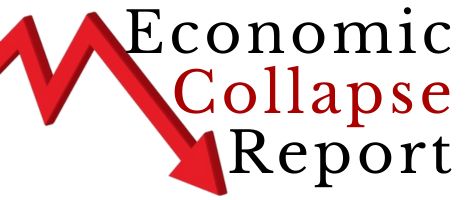For a few years there, it seemed we were continuously reporting on some firearm-based business that was rather abruptly informed they’d lost their bank or some other financial service. There was no warning, no attempt at rectifying any issues, nothing. They were just cut off, sometimes with payments left to process but items in the mail.
While we’re not hearing as much about it these days, the threat still looms, and it should never happen. What’s more, we know that it happened because of government pressure via Operation Chokepoint, among other efforts.
Now, there’s a bill seeking to end this once and for all.
A U.S. senator from Oklahoma is targeting banks and other financial institutions that discriminate against those in the firearms industry and other groups not considered politically correct enough.
This legislation specifically penalizes banks and credit unions with total consolidated assets exceeding $10 billion, along with their subsidiaries, if they refuse to conduct business with any legally compliant, creditworthy individual. It also prohibits payment card networks from discriminating against any qualified person based on political or reputational factors.
The bill requires qualified banks to provide written justification for any denial of financial services to an individual. Additionally, the act imposes penalties on providers who fail to comply with the law by disqualifying institutions from accessing discount window lending programs, revoking their status as an insured depository institution or credit union, or imposing a civil penalty of up to $10,000 for each violation.
“Banks should not be able to pick and choose winners and losers in the marketplace based on politics,” Mullin said in a released statement. “This legislation ensures that financial institutions operate fairly and provide services based on risk, not ideology.”
No, banks shouldn’t be able to pick and choose winners, but there are a few things worth talking about with this bill.
First, it’s not the first time this has been attempted. A similar bill popped up back in 2018 when this was still happening almost every week. That bill didn’t go anywhere, unfortunately. […]
— Read More: bearingarms.com


